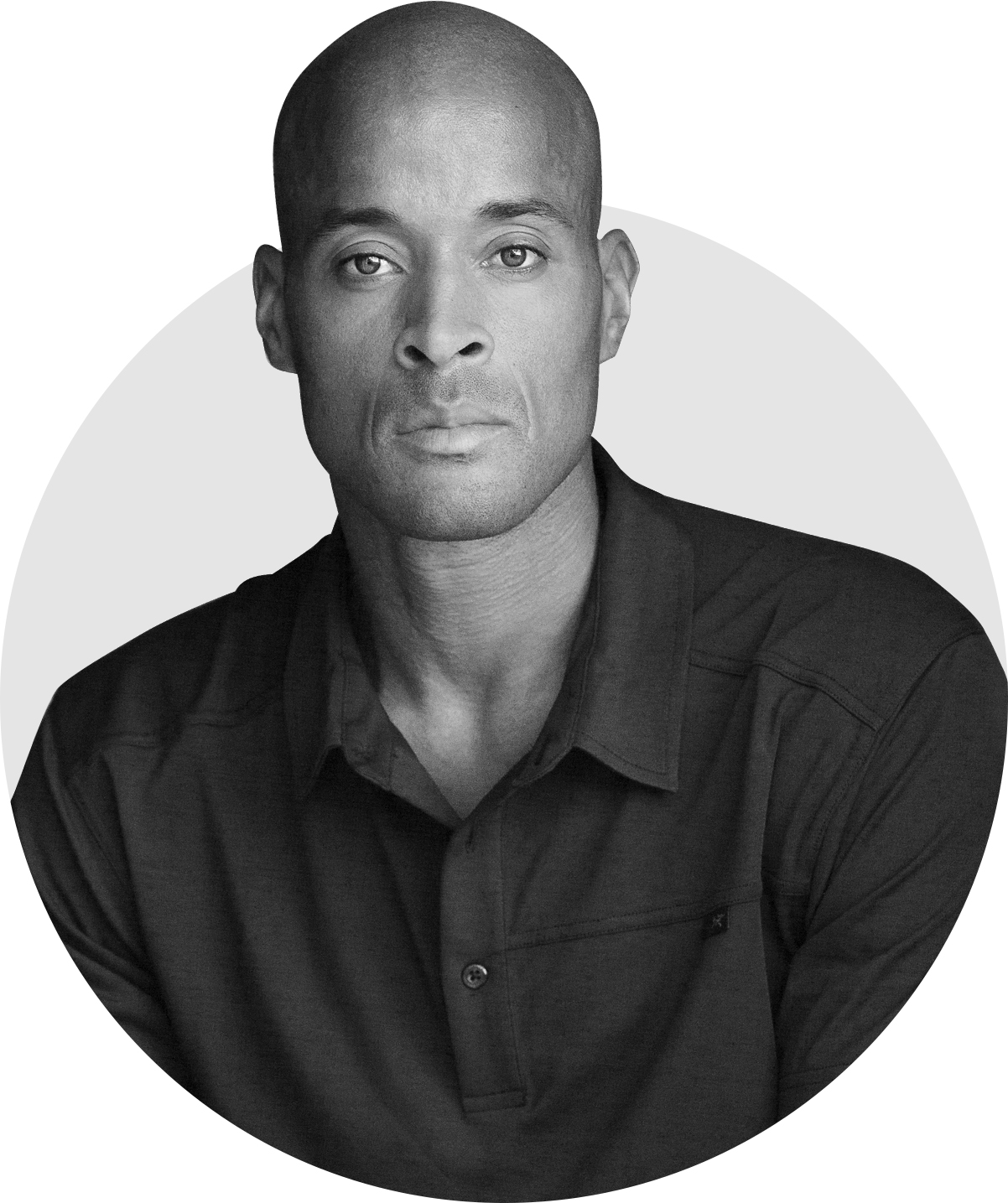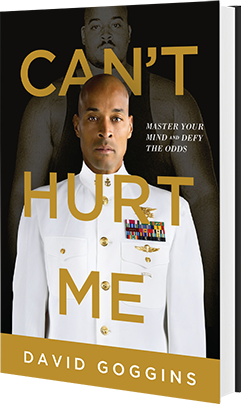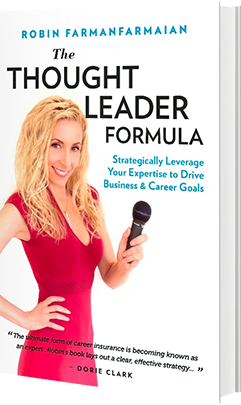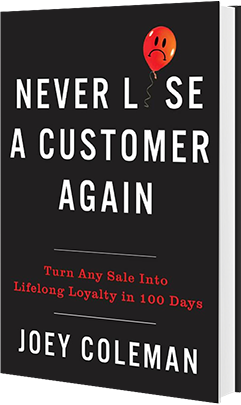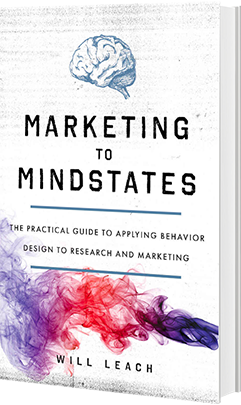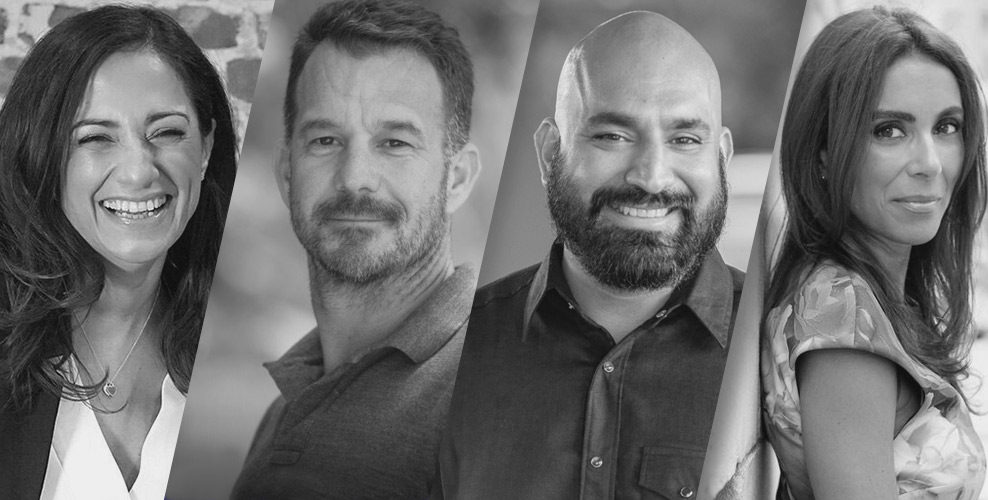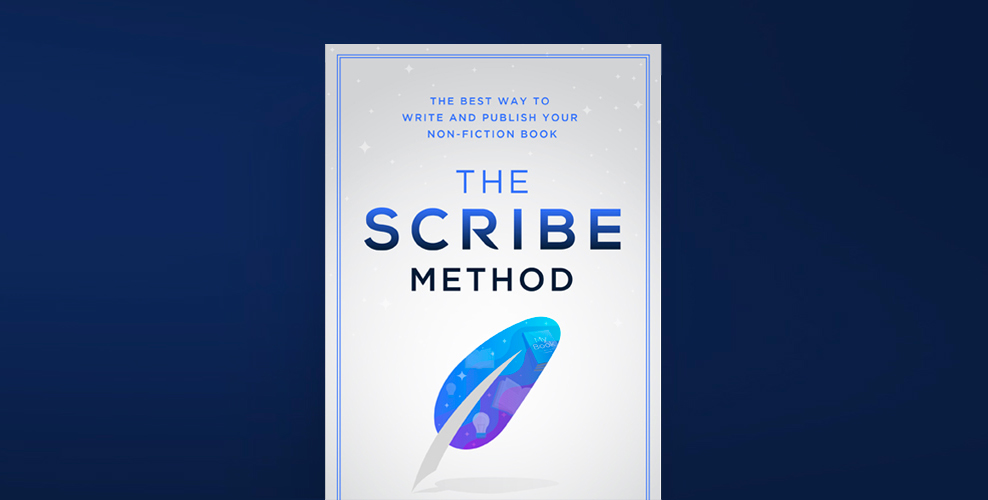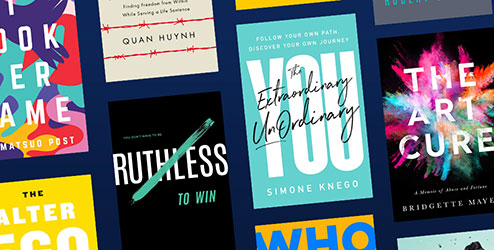Your book, in your
words and your voice.
All without typing.
Robin Farmanfarmaian is an entrepreneur in the medical industry and wrote two books with Scribe to become “Robin Inc” and broke through the glass ceiling. Read her Story
Get expert guidance to help you write, publish, and market your book.
Joey Coleman used Scribe to land a six-figure publishing deal and became a Wall Street Journal bestselling author. Read his Story
Leverage your book to build your business and a community of raving fans.
Will Leach, Founder and CEO of TriggerPoint Design, used our Book Launch service to generate over six figures in six months and pushed his marketing to a new level. Read his Story
Compare Scribe Services
We offer everything you need to professionally write,
publish, and market your non-fiction book.


